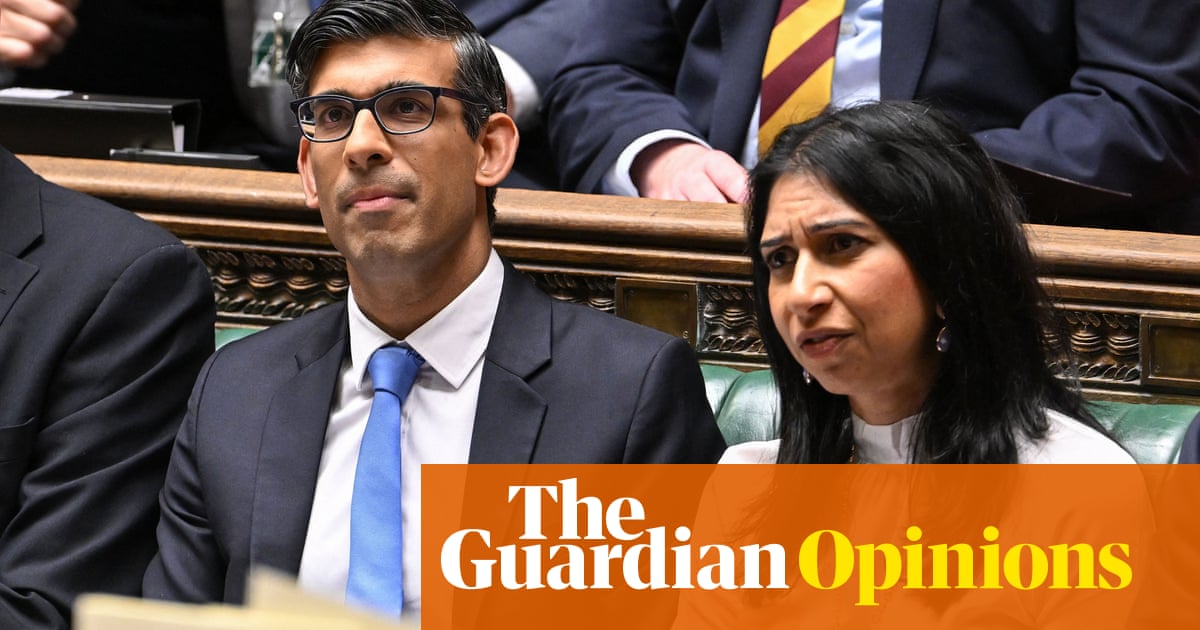
Any discussion of migrant woes must be prefaced with a simple but often ignored fact; most of the “migrant problems” plaguing the global community are attributable to resistance to a natural and inevitable phenomenon. Migration is as old as the formation of our first societies, but despite centuries of examples of the opportunities it affords, we still have no permanent solutions.
Instead, solutions are subordinated to reactionary nativism, which has led to humanitarian crises and even threatened to destabilize entire countries. To some, migration has become an existential crisis, fueled by spurious allegations, cherry-picked statistics and scapegoating and cultivating fear of the “other” to score political victories. As a result, migration policies are defined more by what countries will not do instead of what can and should be done.
This intense dislike of the “other,” entrenched stereotypes, muted responses to migrant boats in the Mediterranean and caravans in the Americas, are now threatening to color a new generation’s perceptions. Frontlines are drawn between the desperate seeking hope, and those fearful of claims their communities will be overrun by different cultures, languages or religions. These issues are not unique to the wealthier nations. Even in middle-income countries, young people prefer to migrate elsewhere while incoming migrants from low-income nations are relegated to temporary labor without opportunities to settle permanently.
Many forget that the world has always had these flows; people flee war, persecution, poverty, drought, famine and disease, or simply to better their lot. In fact, migration’s predictability, and demonstrable benefits, leave no excuse for not having solutions, even for the occasional migrant surge; in the future, climate migrants will probably face the same issues.
It is harder now with more migration hard-liners winning elections by promising zero tolerance, despite the inevitable consequences of permanently shutting the door on new arrivals.
Hafed Al-Ghwell
Migration can be a social good and an economic boon, not just a gateway to hope for the desperate and vulnerable. It is an opportunity for host nations seeking to replenish an aging labor pool and maintain sufficient consumption levels to keep economies growing. After all, as more and more will be drawing on pensions or expecting welfare benefits, it will require maintaining growth and increasing aggregate consumption. Inward migration attracts investment from entities seeking stable economies with the necessary infrastructure for a young, dynamic and diverse workforce to consistently deliver positive returns.
However, controlled migration is too limited, slow and painfully bureaucratic to deliver on these aims, even if that is the intention; and uncontrolled migration is fraught with too many risks, political or otherwise, to guarantee benefit for both migrant and host nation.
Each passing day leaves less time to craft, test, amend and implement cogent migration policies. It is harder now with more migration hard-liners winning elections by promising zero tolerance, despite the inevitable consequences of permanently shutting the door on new arrivals. On the other hand, open borders would cause entire communities to buckle from a sudden surge in dependents in the time between arrival and integration into society as contributors to national income.
It is in any case a morbid endeavor to reduce the case for migration reform to this numbers game. However, hard-liners often emphasize the financial cost of each migrant, often framed as exploitation of existing citizens. Thus, when the Canadian government says each Syrian refugee costs up to $34,000 a year, it is not framed as an investment that will pay for itself many times; instead it is condemned as theft and misuse of public funds, reinforcing resentment that often manifests as swelling ranks of Islamophobes and race supremacists.
As long as there are disparities between nations in wealth, incomes, resources, social advancements and other developmental factors, there will always be migration. No quantity of barbed wire, border walls and makeshift camps will ever stem that tide without instigating newer crises. If anything, these measures serve only to demonstrate the stark contrast between purported humanitarian ideals and the appalling lack of them in addressing self-made humanitarian woes. Now tens of thousands languish in camps and in limbo, behind border fences or barriers, made to feel unwelcome before stepping foot in another land that, despite the cold reception, remains a source of hope.
• Hafed Al-Ghwell is a non-resident senior fellow with the Foreign Policy Institute at the John Hopkins University School of Advanced International Studies. Twitter: @HafedAlGhwell
Disclaimer: Views expressed by writers in this section are their own and do not necessarily reflect Arab News" point-of-view












